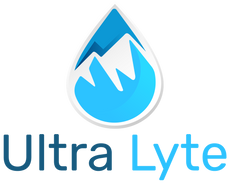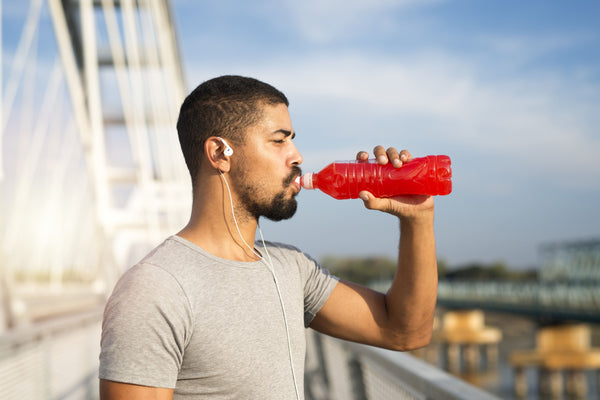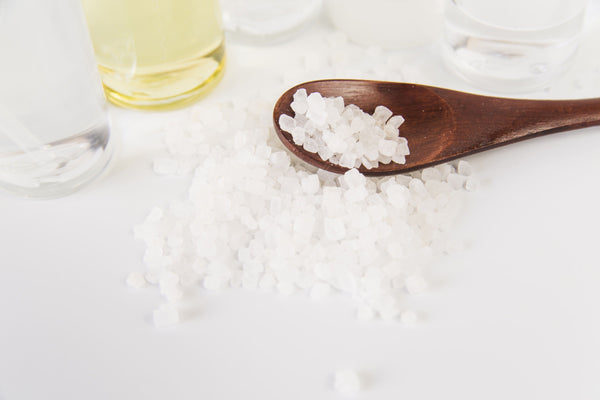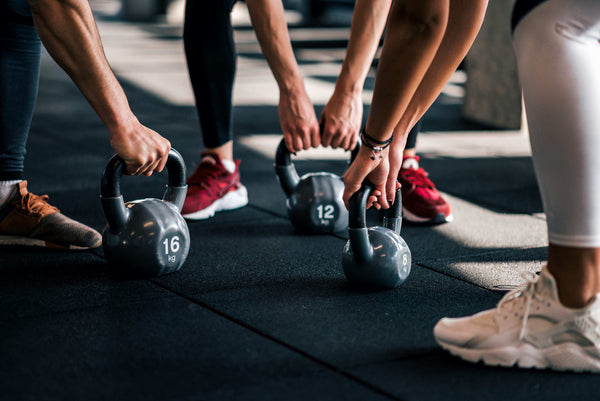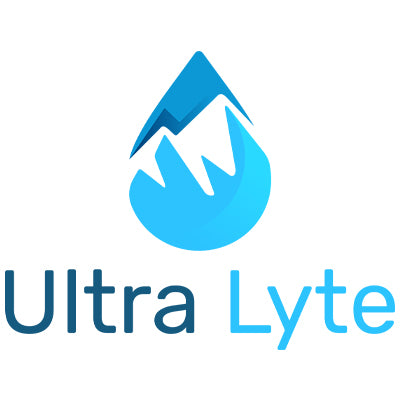
How to Avoid Morning Fatigue Through Proper Hydration?

Morning fatigue is a common issue for many people—regardless of age, lifestyle, or even how many hours they’ve slept. While evening habits, stress, or vitamin deficiencies are often blamed, we tend to overlook one of the key factors influencing energy levels: proper hydration.
Water and electrolytes do more than quench thirst—they’re essential for optimal brain and body function from the moment you wake up.
Why Do You Wake Up Tired, Even After a Full Night’s Sleep?
Sleep is a time of intense regeneration. During the night, your body works hard: repairing cells, eliminating toxins, and preparing for the next day. All of these processes require water and electrolytes—especially sodium, potassium, magnesium, and calcium.
But we go without drinking water for 6 to 9 hours while we sleep. Despite this, we still lose fluids through sweat, breathing, and metabolism. On average, a person can lose 0.5 to 1 liter of water overnight.
So if you wake up with a “heavy head,” fatigue, dry mouth, and trouble concentrating, your body might be dehydrated—even slightly. And even mild dehydration (as little as 1–2%) can noticeably impair cognitive function and mood [1].
Hydration and Energy Levels – What Science Says
Research published in the Journal of Nutrition shows that mild dehydration can significantly impact mood, increase fatigue, and impair concentration in both men and women [2]. Furthermore, dehydration affects physical performance, blood pressure, and heart function—all of which are essential for sustaining energy throughout the day [3].
Water is responsible for nutrient transport, temperature regulation, toxin elimination, and brain function. When water is lacking, your body slows down, energy use increases, and you may feel burned out before breakfast.
Electrolytes – The Key to Effective Hydration
Drinking water alone may not be enough. To hydrate effectively, your body needs electrolytes—minerals that help water absorb into your cells and maintain fluid balance.
The most important electrolytes include:
- Sodium – regulates blood volume and pressure
- Potassium – supports muscle and nerve function
- Magnesium – reduces stress, improves sleep, and supports the nervous system
- Calcium – helps with muscle contractions and nerve signaling
- Chloride – maintains acid-base balance
Without these, the body can’t retain and utilize water properly—it may pass through your system without being absorbed where it’s needed most.
How to Hydrate the Body Before Morning?
1. Drink Electrolyte Water in the Evening and Morning
Your last drink before bed and first after waking up should contain electrolytes—ideally in ionic form, which is more bioavailable. Sugar-free electrolyte concentrates are a good choice and easy to add to water.
2. Avoid Alcohol and Caffeine Before Bed
Coffee, tea, and alcohol act as diuretics and worsen dehydration. A glass of wine or large cup of coffee in the evening can significantly impact how you feel in the morning—not just by interrupting sleep, but by draining fluids and electrolytes.
3. Stay Consistently Hydrated Throughout the Day
Don’t wait until you feel thirsty—that’s already a sign of dehydration. Aim to drink regularly, ideally with added minerals. If you exercise or live in a hot climate, your fluid needs will increase significantly.
Morning Ritual: A Glass of Electrolytes
More and more people are adding a glass of electrolyte water on an empty stomach to their morning routine. This simple habit can:
- Rehydrate the body after sleep
- Boost metabolism
- Improve focus
- Reduce fatigue and brain fog
If you're looking for a natural and effective way to start your day strong, hydrating with electrolytes could make a big difference.
Who Benefits Most from Morning Hydration?
- People with sleep issues
- Athletes and physically active individuals
- Those doing mentally demanding work
- Anyone who wakes up tired, groggy, or with headaches
- People whose diet is low in fresh fruits and vegetables (key sources of natural electrolytes)
Why Choose Sugar-Free Electrolytes?
Many popular sports drinks are packed with sugar and artificial additives, which can offset the benefits of electrolytes. The best options are natural, liquid supplements or concentrates that contain trace minerals without chemical additives.
These are found, for example, in Ultra Lyte products, which offer clean electrolytes supporting absorption and the body’s natural mineral balance.
References:
1. Maughan RJ, et al. “Mild dehydration: a risk factor for cognitive performance and mood.” Nutrition Reviews, 2003.
2. Ganio MS, et al. “Mild dehydration impairs cognitive performance and mood of men.” British Journal of Nutrition, 2011.
3. Cheuvront SN, et al. “Impact of dehydration on physiological responses and performance during exercise.” International Journal of Sports Medicine, 2003.
4. EFSA Journal. “Scientific Opinion on Dietary Reference Values for water.” European Food Safety Authority, 2010.
5. Sawka MN, et al. “Exercise and fluid replacement.” American College of Sports Medicine, 2007.
